Clean energy - an inevitable trend for every country
Speaking at the "Green Energy - Clean City" Forum held on the morning of November 7, Deputy Minister of Agriculture and Environment Le Cong Thanh emphasized that in the context of the world facing enormous challenges of climate change, environmental pollution, resource depletion and ecological imbalance, choosing the path of green development and clean energy transition has become a trend of countries around the world.
According to the Deputy Minister, deeply aware of the importance of this issue, Vietnam has issued many major policies and guidelines, typically: the Law on Environmental Protection 2020; Strategies, Planning, Plans for national environmental protection and management until 2030, with a vision to 2050; National Strategy on Climate Change aiming to achieve net zero emissions by 2050, national action plans on reducing greenhouse gas emissions, protecting the ozone layer and adapting to climate change...
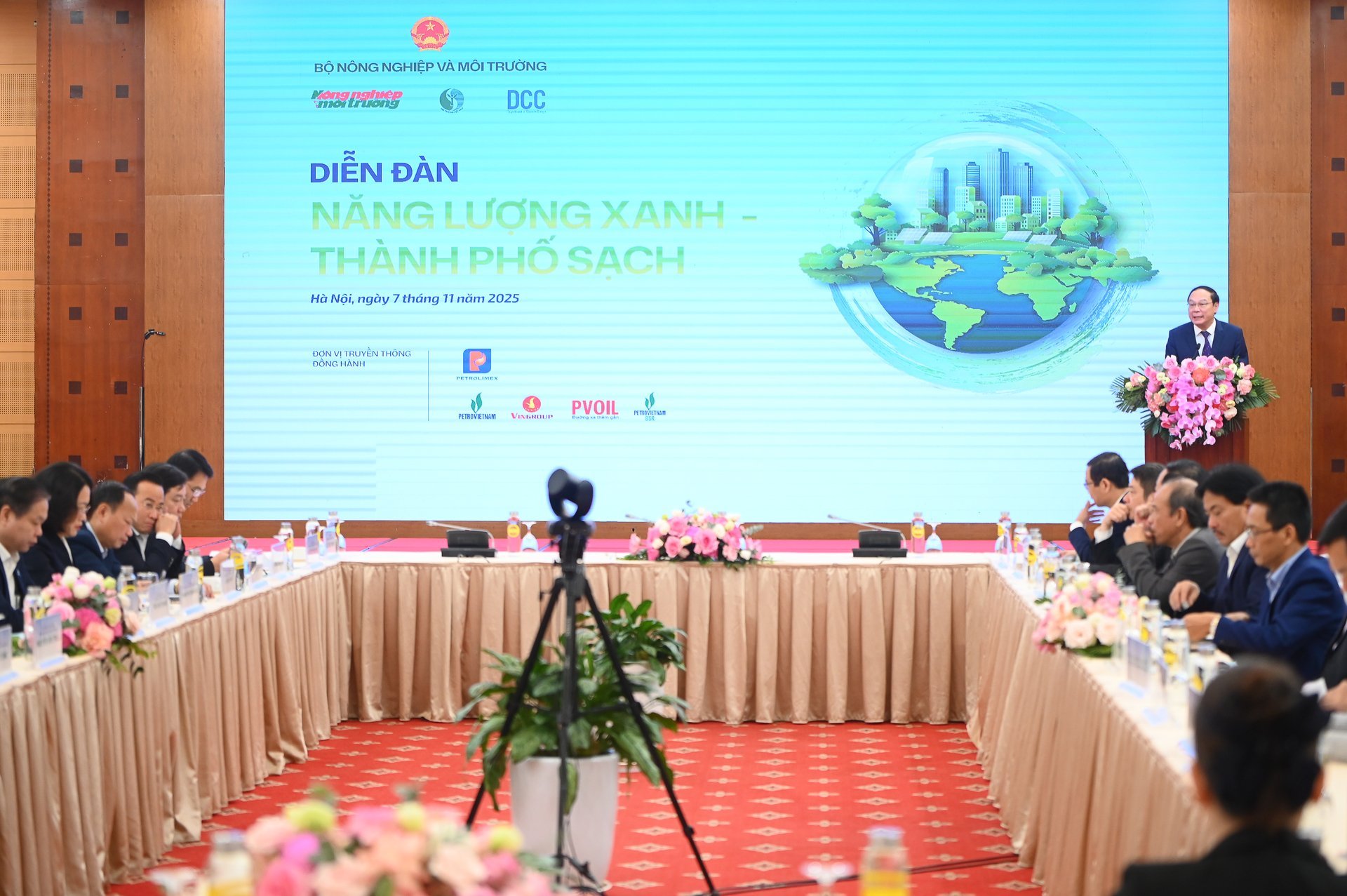
The forum “Green Energy - Clean City” took place on the morning of November 7 in Hanoi . Photo: Tung Dinh .
These documents have demonstrated Vietnam's strong political determination in controlling pollution, protecting the living environment and promoting green energy development, which is the foundation for moving towards a green economy, a circular economy, and a low-carbon economy.
Deputy Minister Le Cong Thanh affirmed that developing green energy is the key to achieving the goal of reducing greenhouse gas emissions, ensuring energy security, and making an important contribution to Vietnam's energy transition process going faster, further and more sustainably. The use of clean energy, clean fuel and green transportation is no longer a future trend, but a task of the present.
In large cities such as Hanoi, Ho Chi Minh City, Hai Phong, Da Nang, etc., controlling traffic emissions, developing clean energy infrastructure, and promoting environmental technical standards in urban planning are important pillars to realize the goal of a "clean city".
Pollution control, towards green transport
According to Mr. Truong Manh Tuan, Deputy Head of the Department of Environmental Quality Management, Department of Environment (Ministry of Agriculture and Environment), air pollution is a serious problem, mainly concentrated in two key economic regions, including: Hanoi and neighboring provinces; Ho Chi Minh City and surrounding areas.
Monitoring results show that pollution, mainly dust and fine dust (PM2.5), occurs cyclically from October to April of the following year, concentrated in areas with high traffic density and many production facilities. The main sources come from traffic, construction, industrial, open burning and domestic activities.
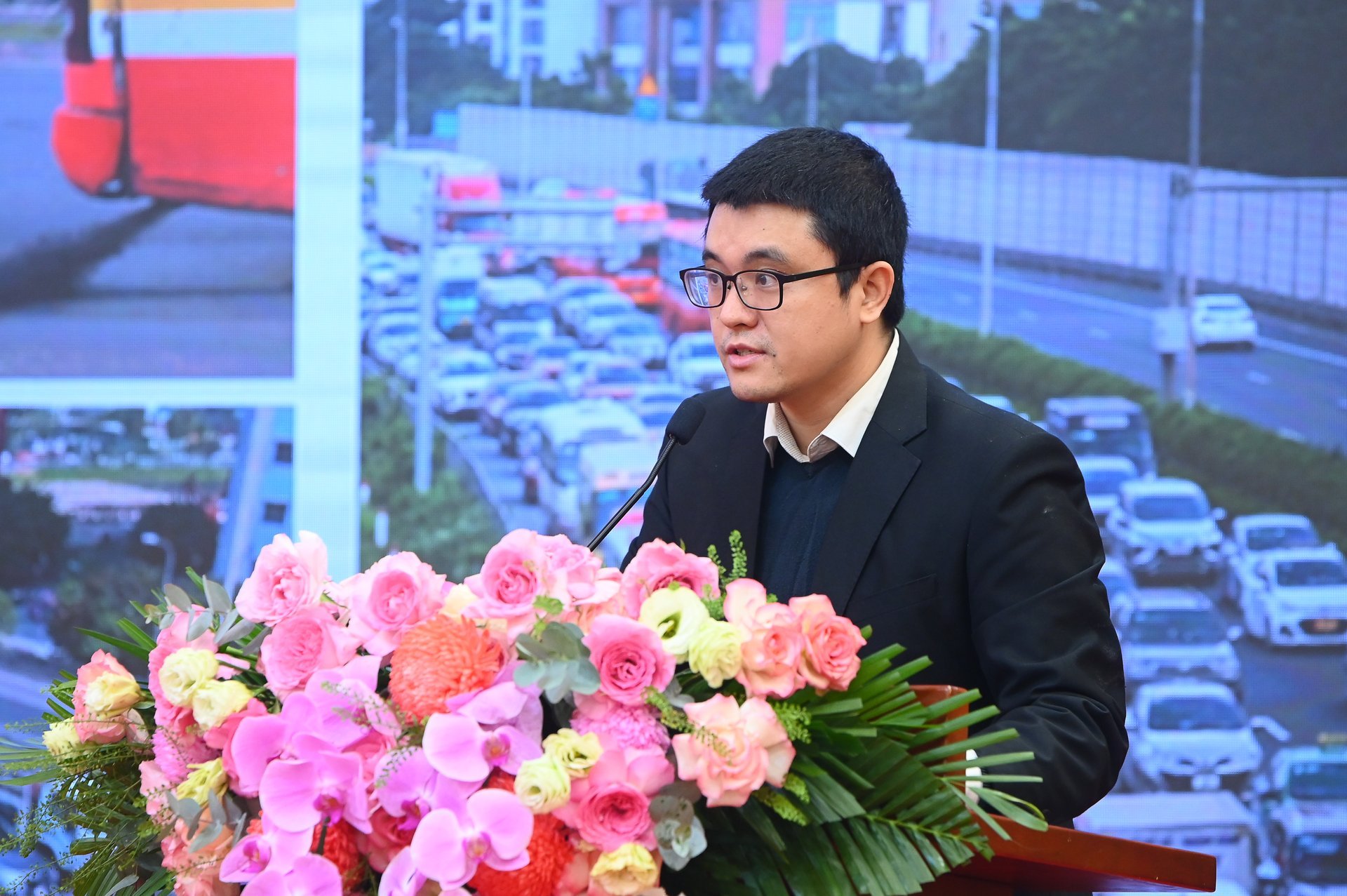
Mr. Truong Manh Tuan, Deputy Head of the Department of Environmental Quality Management, Department of Environment (Ministry of Agriculture and Environment) said that the Ministry of Agriculture and Environment is drafting a roadmap to apply emission standards for motorbikes and scooters circulating in Vietnam. Photo: Tung Dinh .
Faced with the above reality, the Ministry of Agriculture and Environment is drafting a roadmap to apply emission standards to motorbikes and scooters circulating in Vietnam.
Accordingly, the official implementation time has been postponed to give people and localities more time to prepare, but in Hanoi and Ho Chi Minh City, regulations will be tightened earlier, starting from July 1, 2027.
Other major cities such as Hai Phong, Da Nang, Can Tho and Hue will implement from July 1, 2028, while other provinces and cities will apply from July 1, 2030.
“Issuing specific standards and roadmaps will guide people, businesses and policymakers, contributing to reducing emissions and promoting the transition to electric vehicles and clean energy,” emphasized a representative of the Department of Environment.
Pioneering enterprises - the driving force of clean cities
On that policy basis, many Vietnamese enterprises have proactively pioneered, becoming "leading birds" in the journey of greening energy.
GSM (GSM Green and Smart Mobility), founded by Vingroup Chairman Pham Nhat Vuong, is leading the journey to create a green future with a comprehensive electric mobility ecosystem. From VinBus electric buses to SM Green ride-hailing services, GSM not only provides a safe, civilized, and environmentally friendly travel experience but also contributes to promoting the country's goal of reducing emissions and sustainable development.
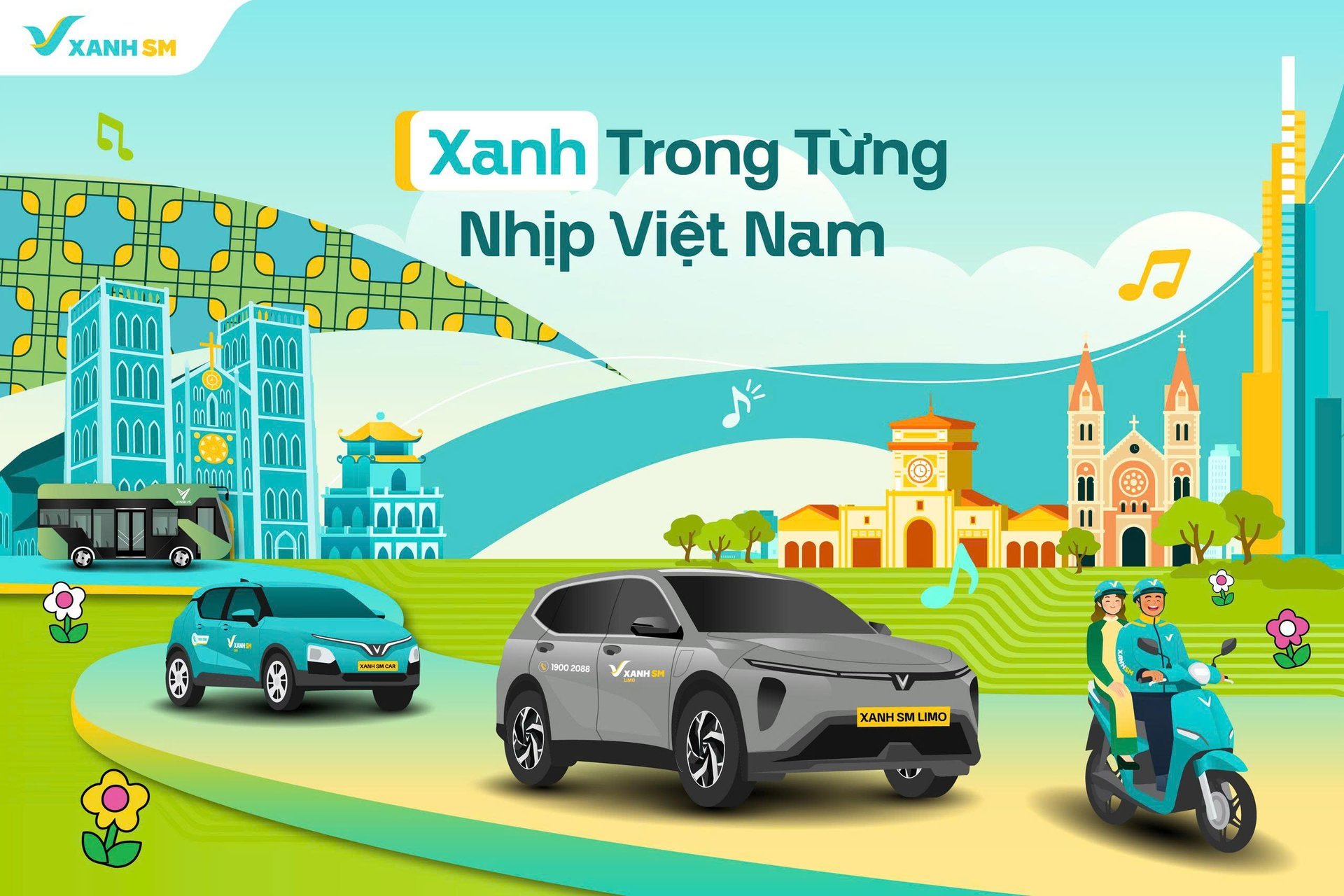
GSM Company (GSM Green and Smart Mobility), founded by Vingroup Chairman Pham Nhat Vuong, is leading the journey to create a green future with a comprehensive electric mobility ecosystem. Photo: GSM .
Meanwhile, the Vietnam National Petroleum Group (Petrolimex) is a pioneer in trading biofuels E5 RON 92, E10, and bio-oil B5 - products with low sulfur content, helping to reduce toxic emissions and cut CO₂ during fuel combustion. Petrolimex is also the first unit certified to blend and supply biodiesel B5, while expanding the supply of sustainable aviation fuel (SAF) - a step that clearly demonstrates the vision of energy transition.
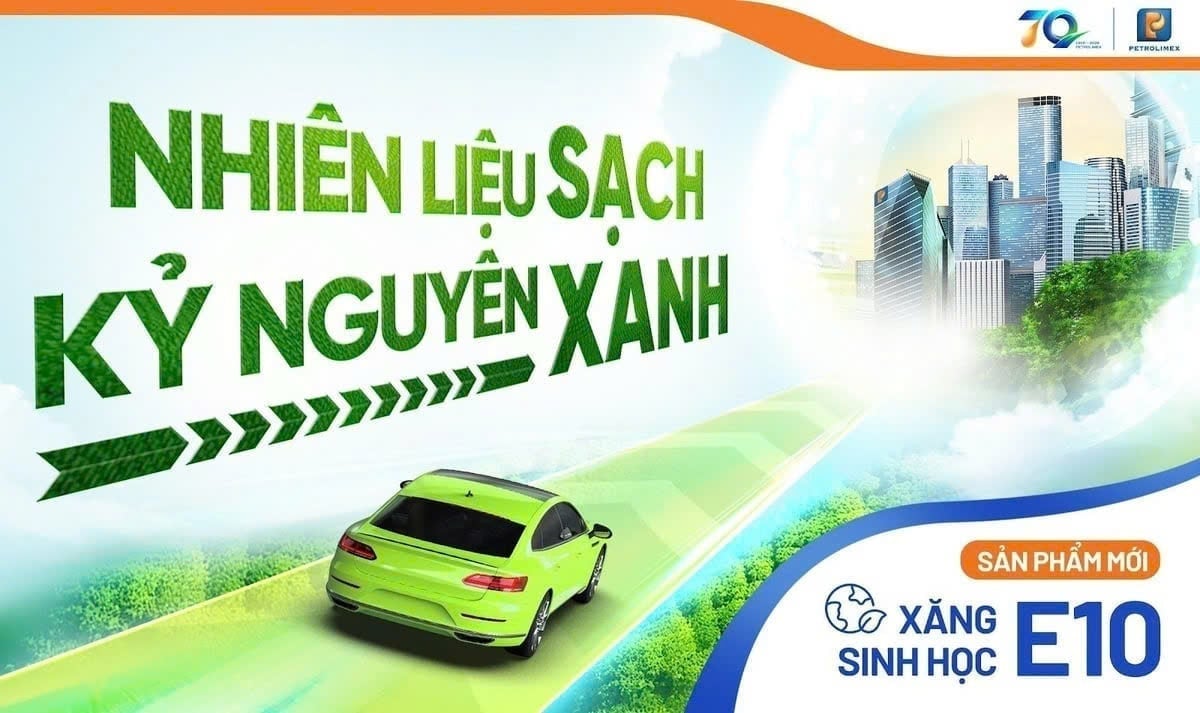
Petrolimex pioneers in blending and supplying B5 biodiesel fuel. Photo: Petrolimex .
Along with that, the Vietnam National Energy Industry Group (Petrovietnam) - a pillar enterprise in ensuring national energy security, meeting 10% of electricity output, 60-70% of gasoline and 70-80% of civil gas nationwide, is striving to find a balance between economic development, environmental protection and ensuring national energy security.
Petrovietnam has built and operated a synchronous and flexible energy supply chain, from exploration - exploitation, processing - supply to distribution - consumption. The highlight is the value chain model formed within the Group, for example the chains of "crude oil - transportation - processing - product distribution" or "gas - electricity - fertilizer".
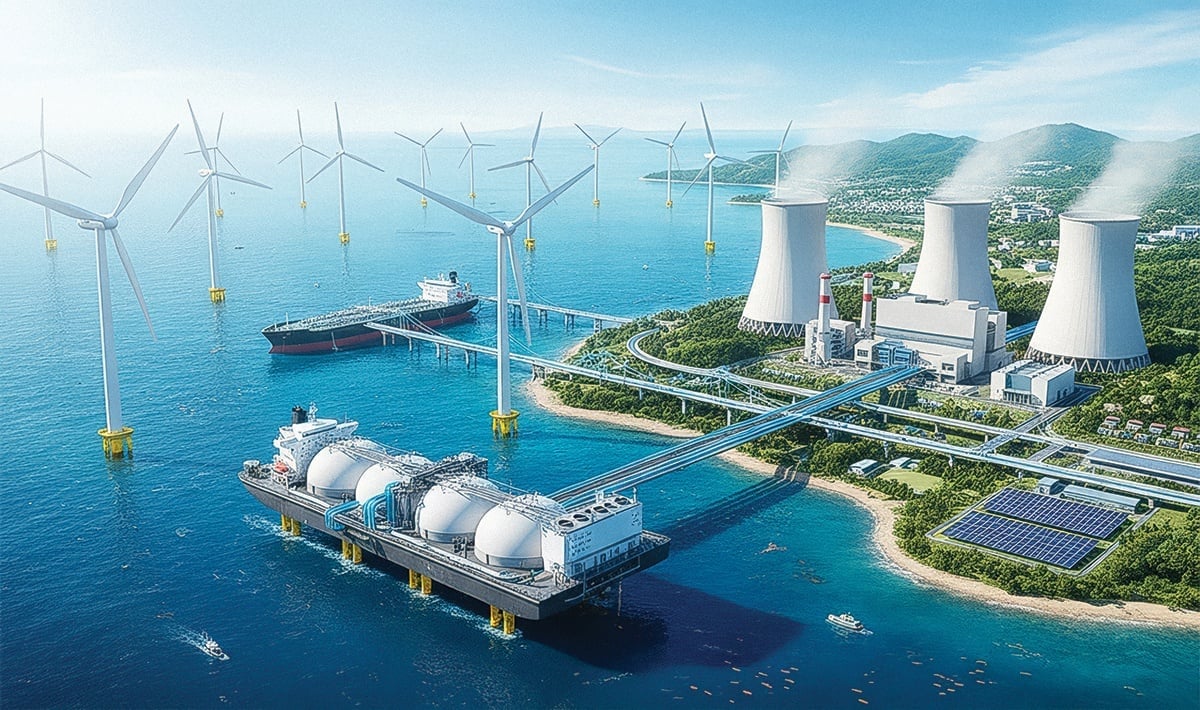
Petrovietnam, a pioneer in the green energy era. Photo: Petrovietnam .
Petrovietnam is also expanding cooperation with many of the world's leading energy corporations such as TotalEnergies, Petronas, JOGMEC, ADNOC... in the fields of LNG, hydrogen, biofuel and emission reduction technology (CCUS). This cooperation helps Vietnam quickly access advanced technology, international standards and operational experience to develop clean energy products suitable for domestic conditions. In the energy transition period, LNG and CNG are considered important transitional fuels, and Petrovietnam focuses on developing the supply chain from import, storage, distribution to use for power plants, industrial parks, urban transport and green logistics, thereby taking on a central role in the national LNG gas-electricity chain.
At the same time, the construction of CNG/LNG filling stations for buses and trucks in large urban areas is considered a feasible solution, helping to reduce 20-25% of CO₂ emissions compared to diesel. Petrovietnam also coordinates with localities to integrate LNG and CNG infrastructure into urban energy planning, while promoting the production and distribution of new generation biofuels such as E10, B20 combined with CCUS technology. The goal is that by 2030, clean fuels will account for at least 30% of the total supply for urban areas.
The pioneering steps of enterprises in the field of green energy not only contribute to reducing emissions, but also open a new journey - where each city is not only cleaner, but also more livable. It is a journey for a green - prosperous - sustainable Vietnam, where clean energy becomes the driving force for development and enterprises are the "leading birds" lighting up the clean city sky today and tomorrow.
Source: https://nongnghiepmoitruong.vn/nhung-canh-chim-dau-dan-trong-hanh-trinh-kien-tao-thanh-pho-sach-d783038.html






![[Photo] "Ship graveyard" on Xuan Dai Bay](https://vphoto.vietnam.vn/thumb/1200x675/vietnam/resource/IMAGE/2025/11/08/1762577162805_ndo_br_tb5-jpg.webp)

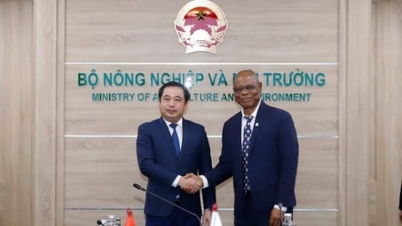





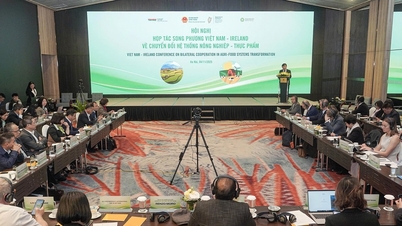

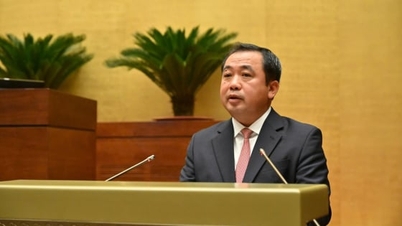
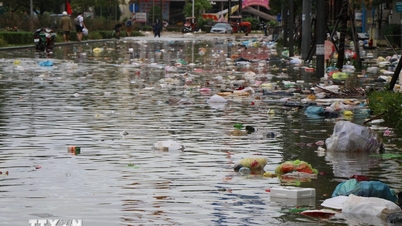

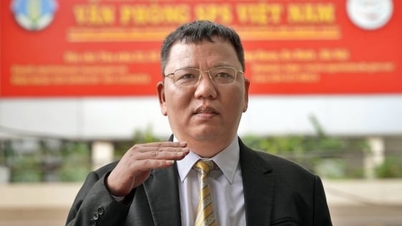



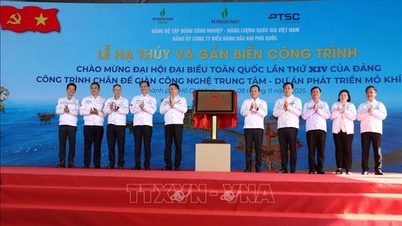






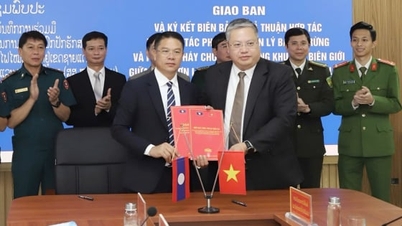

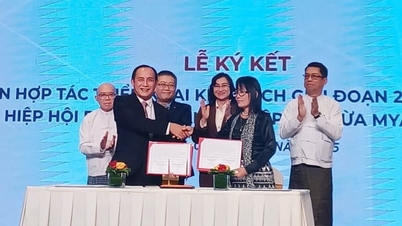
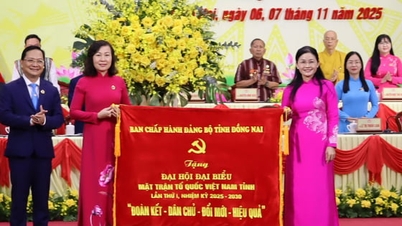


![[Video] Hue Monuments reopen to welcome visitors](https://vphoto.vietnam.vn/thumb/402x226/vietnam/resource/IMAGE/2025/11/05/1762301089171_dung01-05-43-09still013-jpg.webp)

































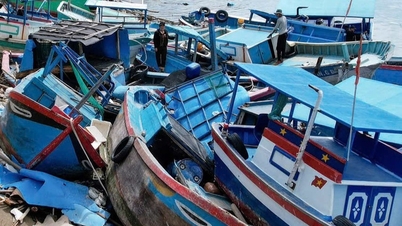















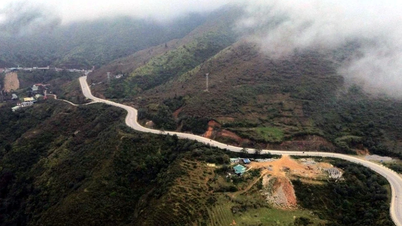


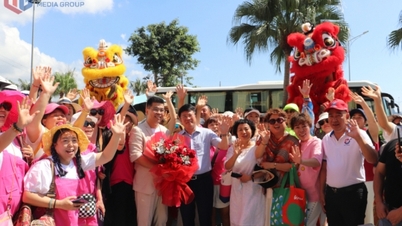

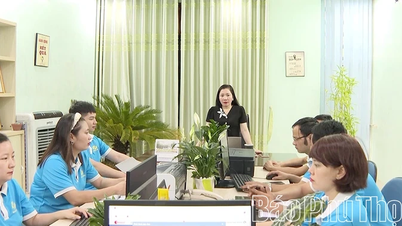

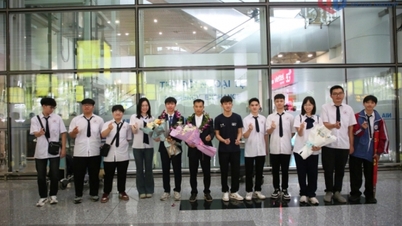
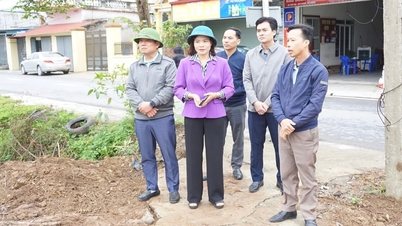















Comment (0)